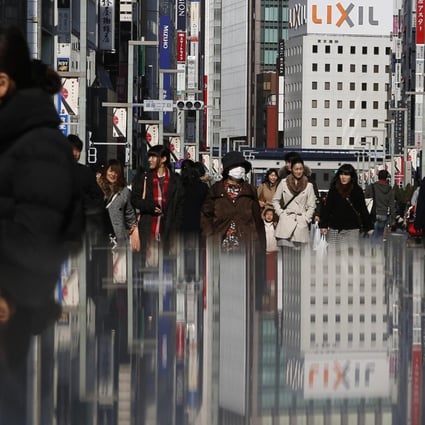SUBSCRIBE
Business
Mainland regulators learn from mistakes made in Japan
Beijing has studied Tokyo's handling of the liberalisation of capital flows and the yen more than 30 years ago, and the asset bubble that followed
 Reuters
Reuters
+ FOLLOW
Published: 8:15pm, 9 Mar, 2015
Why you can trust SCMP
Advertisement
Mainland regulators are turning to
Japan for lessons on economic history, determined to keep the world's second-biggest economy from taking the same path of recession and deflation that has blighted its neighbour for the past 20 years.
Beijing views Tokyo's handling of the liberalisation of capital flows and the yen more than 30 years ago as key factors that led to the creation and subsequent bust of the asset bubble in Japan in the early 1990s, according to Japanese government and other sources who are in direct contact with mainland regulators.
"They aren't a single bit interested in Japan's successes. Their biggest interest is in Japan's mistakes," said one China-based source directly in touch with mainland regulators.
Mainland policymakers and analysts at government think tanks are well versed in the experiences of Japan and other countries, and the sources say two-way communication at both government and private-sector level continued even through a chill in diplomatic ties after a territorial spat in 2012.


